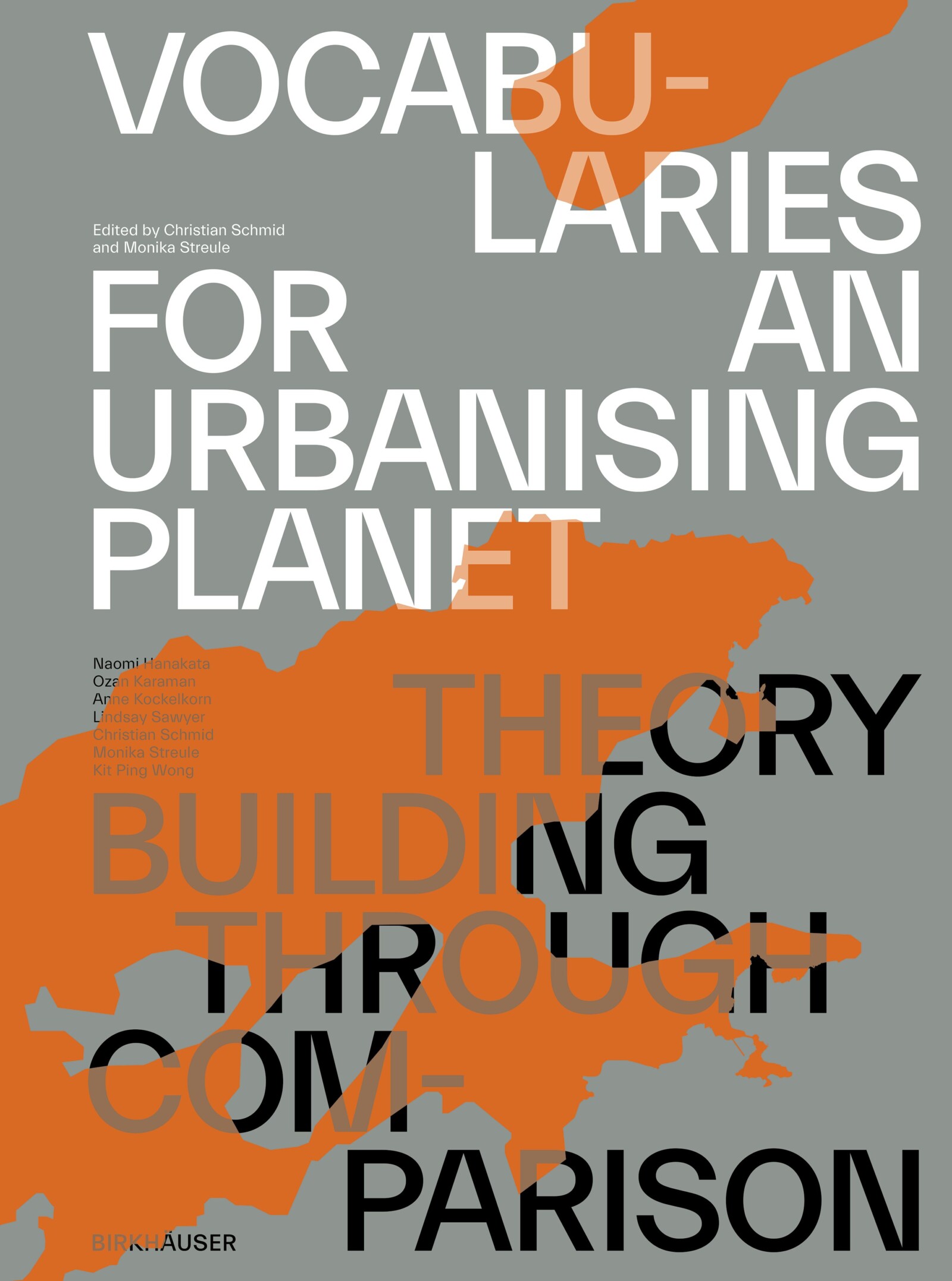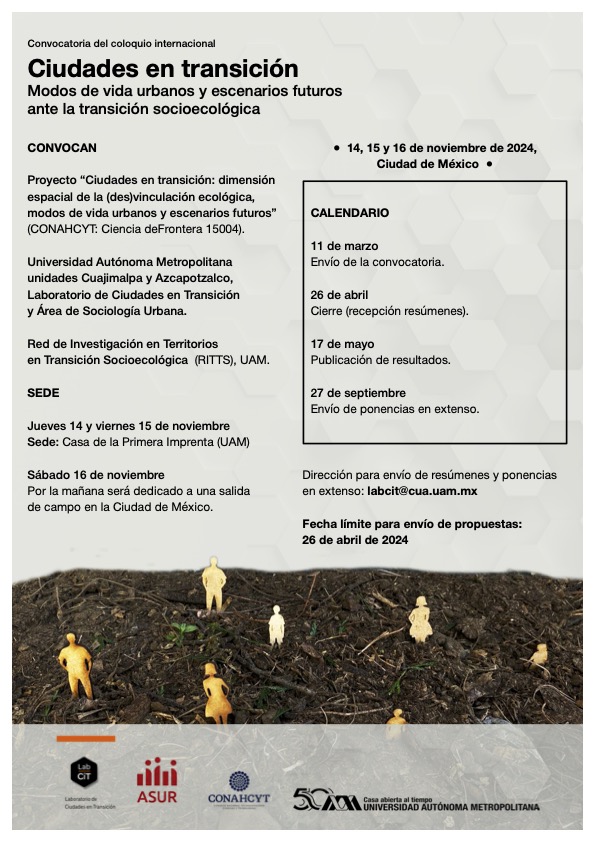This article is our first publication as Autor*innenkollektiv Terra-R and has just been published in the Antipode Online Intervention Symposium Worldbuilding and Worldbreaking: New Spatialities of the Far-Right. We propose to approach far-right geographies through the lens of territorialization. If one seeks to deconstruct the geographies of regressive politics, and foster emancipatory platforms and antifascist world-building, we argue, it is beneficial to do so from an explicitly territorial perspective — one that is informed by Latin American and Anglophone debates, as our just published book Das Ende rechter Räume. Zu Territorialisierungen der radikalen Rechten illustrates.
Autor*innenkollektiv Terra-R (2024) For a non-exceptional spatial theory of far-right mobilizations. In: Essex Jamey, Gallaher Carolyn, Luger Jason (eds.) Intervention Symposium “Worldbuilding and Worldbreaking: New Spatialities of the Far-Right”. Antipode Online.





